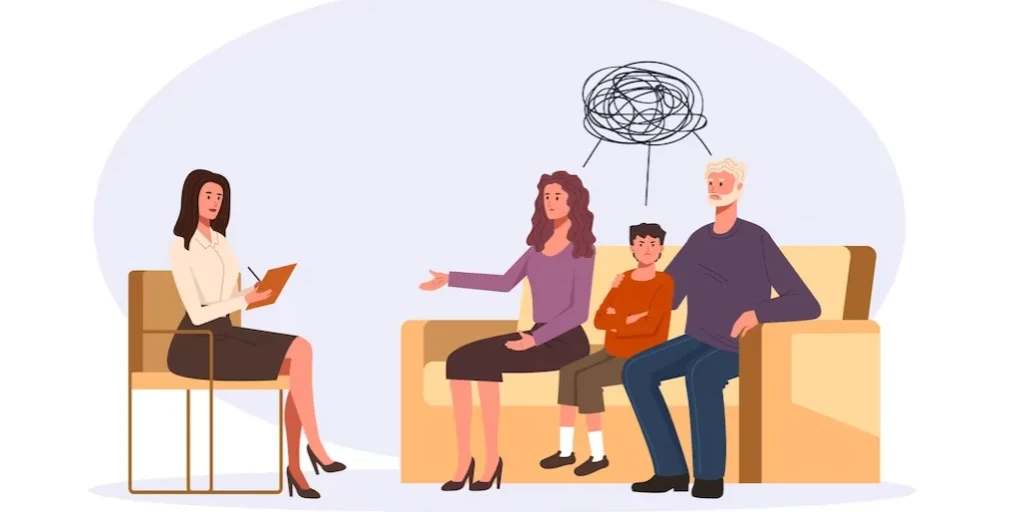24/7 Helpline:
(866) 899-221924/7 Helpline:
(866) 899-2219
Learn more about OCD Treatment centers in Lewiston
OCD Treatment in Other Cities

Other Insurance Options

Lucent

Sliding scale payment assistance

Providence

Health Partners

Ceridian

Multiplan

State Farm

WellCare Health Plans

American Behavioral

Oxford

GEHA

UMR

Absolute Total Care

EmblemHealth

Magellan

Covered California

Optima

Anthem

Evernorth

Kaiser Permanente











